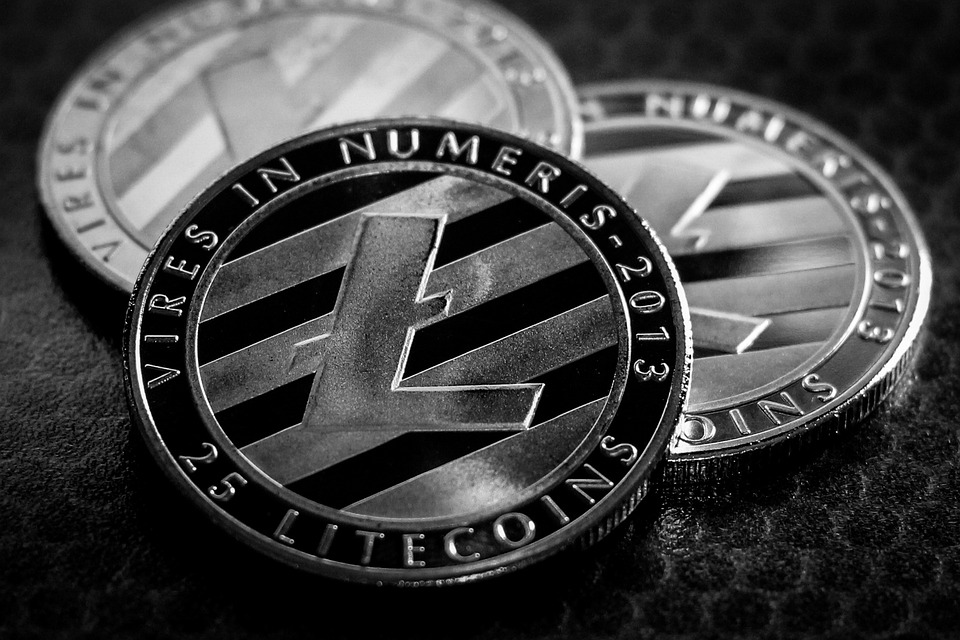Unlocking the Blockchain: Essential Education for Digital Asset Trading
In the past decade, blockchain technology has emerged as a transformative force across various industries. From finance to supply chain management, its decentralized and immutable nature has opened up manifold opportunities. However, despite its vast potential, many still find the concept of blockchain and digital asset trading perplexing. As more individuals and institutions venture into this space, education becomes a cornerstone for unlocking the full potential of blockchain and ensuring responsible trading practices.
Understanding Blockchain Technology
At its core, blockchain is a distributed ledger technology (DLT) that records transactions across many computers in such a way that the registered transactions cannot be altered retroactively. This ensures transparency and trust, two key attributes that are crucial for online transactions.
Blockchain operates through a network of nodes, where each node maintains a copy of the entire ledger. Transactions are grouped into blocks and, once verified, added to a chain of blocks — hence the term “blockchain.” This decentralized mechanism eliminates the need for intermediaries, reduces costs, and minimizes the risks of fraud.
Key Concepts to Understand:
-
Decentralization: Traditional financial systems rely on central authorities, such as banks, to validate transactions. Blockchain allows peer-to-peer interactions without intermediaries.
-
Smart Contracts: These are self-executing contracts with the terms of the agreement encoded on the blockchain. They facilitate, verify, or enforce the negotiation or performance of a contract.
- Tokens and Cryptocurrencies: While often used interchangeably, cryptocurrencies are a form of digital currency (like Bitcoin or Ethereum), while tokens can represent various assets or utilities on a blockchain protocol.
The Rise of Digital Asset Trading
Digital asset trading has exploded in popularity, driven by the May 2021 surge in Bitcoin prices and the recent hype around decentralized finance (DeFi) and non-fungible tokens (NFTs). Investors ranging from institutional players to everyday individuals are now seeking to capitalize on this new frontier of asset class.
However, with this rush to engage in digital asset trading, comes a myriad of challenges, including regulatory uncertainty, market volatility, and security risks such as hacking and fraud. Hence, educating oneself about trading practices, market dynamics, and blockchain technology is essential.
Essential Educational Resources
-
Online Courses and Webinars: Platforms like Coursera, Udemy, and Khan Academy offer courses on blockchain technology, cryptocurrency, and trading strategies. Attending webinars hosted by reputable institutions can provide real-time insights and updates on market conditions.
-
Books and Research Papers: Numerous books delve into the intricacies of blockchain technology, including "The Bitcoin Standard" by Saifedean Ammous and “Mastering Ethereum” by Andreas M. Antonopoulos. Reading whitepapers of blockchain projects can also provide profound insights into their purpose and potential.
-
Community and Forums: Becoming part of online communities like Reddit’s r/CryptoCurrency, or joining forums such as BitcoinTalk, can facilitate knowledge sharing with experienced traders and developers. Engaging in discussions on Discord or Slack channels dedicated to blockchain can also enhance understanding.
-
Practice Through Simulations: Many platforms now offer simulated trading environments where users can practice trading without the risk of losing real money. Engaging in these simulations helps to understand market mechanics and develop trading skills.
- Following Regulatory Developments: Understanding the regulatory landscape is crucial in the realm of digital assets. Monitoring updates from financial regulatory authorities (like the SEC or CFTC in the United States) can equip traders with knowledge about compliance and legal considerations.
Safe Trading Practices
As interest in digital asset trading grows, so does the importance of responsible trading practices. Here are some essential principles:
-
Conduct Thorough Research (DYOR): Always research projects and their fundamental qualities before investing. Evaluating a project’s whitepaper, team, and community can mitigate the risks of scams.
-
Diversification Is Key: Just like traditional investing, diversifying a digital asset portfolio can mitigate risks. Don’t put all your funds into a single asset, as this heightens exposure to market volatility.
-
Beware of Scams and Fraud: With the rise of digital assets, scams have proliferated. Always use reputable exchanges, and be wary of promises of guaranteed returns.
- Maintain Emotional Discipline: The volatility of digital assets can evoke emotions that may cloud judgment. Developing a trading strategy and sticking to it is crucial.
Conclusion
As blockchain technology continues to evolve and the realm of digital asset trading expands, education will play an integral role in enabling individuals to navigate this complex landscape. By committing to lifelong learning, understanding the underlying technology, and engaging in responsible trading practices, individuals can unlock the vast potential that blockchain and digital assets hold. Whether one is a newcomer or an experienced trader, the journey of education is the key to success in the digital landscape.

